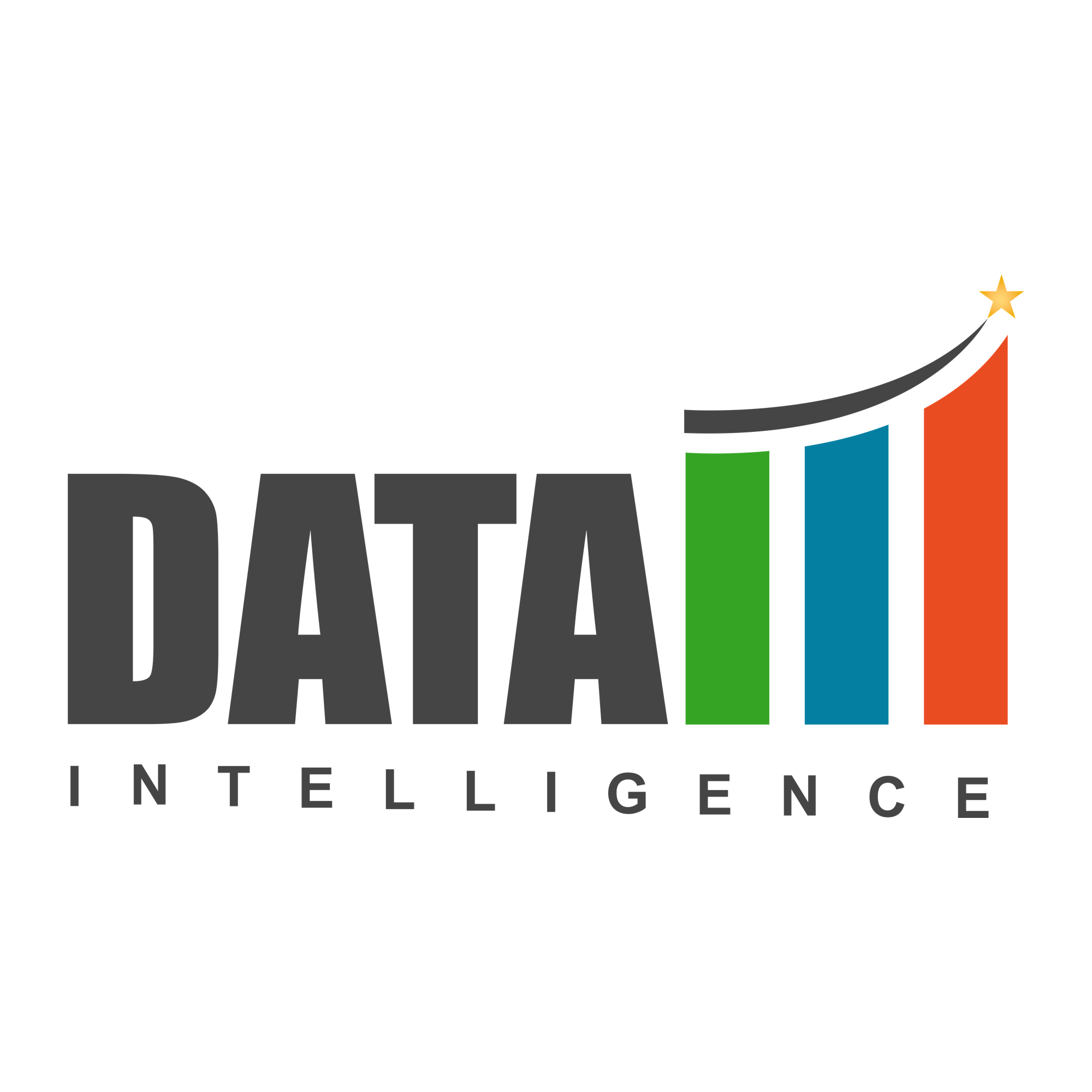Market Overview
The global noninvasive cancer diagnostics market size was worth US$ YY million in 2022 and is estimated to reach US$ YY million by 2029, growing at a CAGR of 5.30% during the forecast period (2022-2029).
Non-invasive Cancer Diagnostics
Non-invasive diagnostic is a method of detecting disease with just a few small incisions in the body. Non-invasive cancer diagnostic technologies provide physicians with a valuable tool and boost patient comfort by allowing for quick, easy and early identification of cancer noninvasively.
The procedure generally consists of various techniques such as biomarkers, identifying genetic structure, and changes in molecular biology, coupled with imaging technologies.
Non-invasive cancer diagnosis offer treatment at an early stage of the disease which is the primary advantage of the method as early detection help to lower fatality rates and overall cost of treatment.
Download free sample @ https://bit.ly/3q6Gy7F
Market Dynamics
The growing prevalence of different types of cancers has shown growth potential for various diagnostic techniques, and noninvasive cancer diagnosis is among the growing technique compared to traditional cancer detection techniques. The reason behind the market growth is due to rising demand for the technique offering high accuracy and minimal invasions.
Furthermore, in recent times, early identification of cancer is the most effective approach of boosting treatment success and prognosis. In mass population screening, early detection mainly refers to diagnosing cancers at an early stage before early cancer signs or symptoms appear. In certain cancer forms, mass screening is widely used to detect cancer (breast, lung, cervical, and gastric cancer). However, widespread screening has drawbacks (detection rate, sensitivity, specificity and screening rate, cost). It’s also a major problem that, while cancer screening is usually beneficial for common cancers, there is no such test for uncommon tumors. Thus, leading to creating escalating market opportunities for advanced techniques such as noninvasive cancer diagnostics.
Market Dynamics
Growing advancements in noninvasive cancer diagnostics are expected to be a major opportunity for the growth of the techniques across the globe.
For instance, Liquid biopsy is quickly becoming one of the kingpins of noninvasive diagnostics and prognostics in cancer, owing to continued advances in genomic and molecular approaches. As opposed to traditional tumor biopsies, Liquid biopsies provide a noninvasive, high-frequency way of measuring inter-and intra-tumoral heterogeneity to detect, predict, and treat cancer.
Industry Forces
Noninvasive cancer diagnostics holds a significant market share in cancer detection and therefore, the government has designed various regulatory standards for the devices to carry out the diagnosis.
The Food and Drug Administration (FDA) regulates molecular diagnostic tests in diverse ways. Some require regulatory pathways as complex as Class III medical devices, while most others are approved as 510k devices or lab-developed tests (LDTs).
COVID-19 Impact Analysis
The COVID-19 pandemic has had a global impact unlike any other, wreaking havoc on national health systems as well as mobility and commuting. Several important health issues are being overlooked inadvertently, with consequences for mortality and other outcomes, particularly for cancer patients. The recent global collaborative study on the impact of the SARS-Cov-2 surgeon cancer care not only reported on the varying magnitude of the impact across centres around the world but also called for more research to assess the impact at the patient level.
Nonetheless, while early cancer detection is critical in every way, it is largely dependent on the patient’s willingness to consult physicians and undergo routine examinations. Overall, the pandemic has forced the majority of patients to seek medical help only in an emergency, reducing the frequency of early clinical examinations and, as a result, cancer detection.
Market Segmentation
- By Cancer Type
- By Techniques
- By End-User
- By Region
Market Segmentation – By Cancer Type
Blood cancers, also called hematologic malignancies, are cancers of the blood, bone marrow, and lymph nodes. These cancers can affect anyone, including children. Blood cancers account for 9.5% of new cancer diagnoses in the United States.
According to the Centers for Disease Control and Prevention (CDC), more than 100,000 people in the United States are diagnosed with blood cancers every year, and 50,000 people die from these cancers.
View full report @ https://bit.ly/3KO16dc
Geographical Analysis – Asia Pacific
The increasing research for noninvasive cancer diagnostics is expected to drive market growth. For instance, Bladder cancer diagnostic tests have traditionally been invasive and confronting procedures. In August 2017, Sensor technology developed in South Australia, on the other hand, is leading to the development of an advanced testing device that is non-invasive and can be performed at home. The breakthrough is the result of a collaboration between SMR Technologies, an advanced manufacturing company, and the University of South Australia’s Future Industries Institute. The sensors are designed to make bladder cancer recurrence testing easier by replacing the need for tubes to be passed through the urethra and into the bladder with a urine test. Point-of-care biosensors with nano-structured coatings are used in the non-invasive devices to detect cancer cell traces in patient urine. It is based on University of South Australia research that discovered a polymeric compound. This substance can be made into a coating that binds to anti-cancer antibodies.
Competitive Landscape
Labcorp, a leading global life sciences company, announced that it has entered into a definitive agreement to acquire Acquisition Personal Genome Diagnostics Inc. (PGDx), a leader in cancer genomics with a portfolio of comprehensive liquid biopsy and tissue-based products.
Trending Topic’s
Prostate Cancer Diagnostics Market
In-vitro Cancer Diagnostics Market
Media Contact
Company Name: DataM Intelligence
Contact Person: Sai
Email: Send Email
Phone: +1 877 441 4866
Country: United States
Website: https://www.datamintelligence.com/research-report/noninvasive-cancer-diagnostics-market
